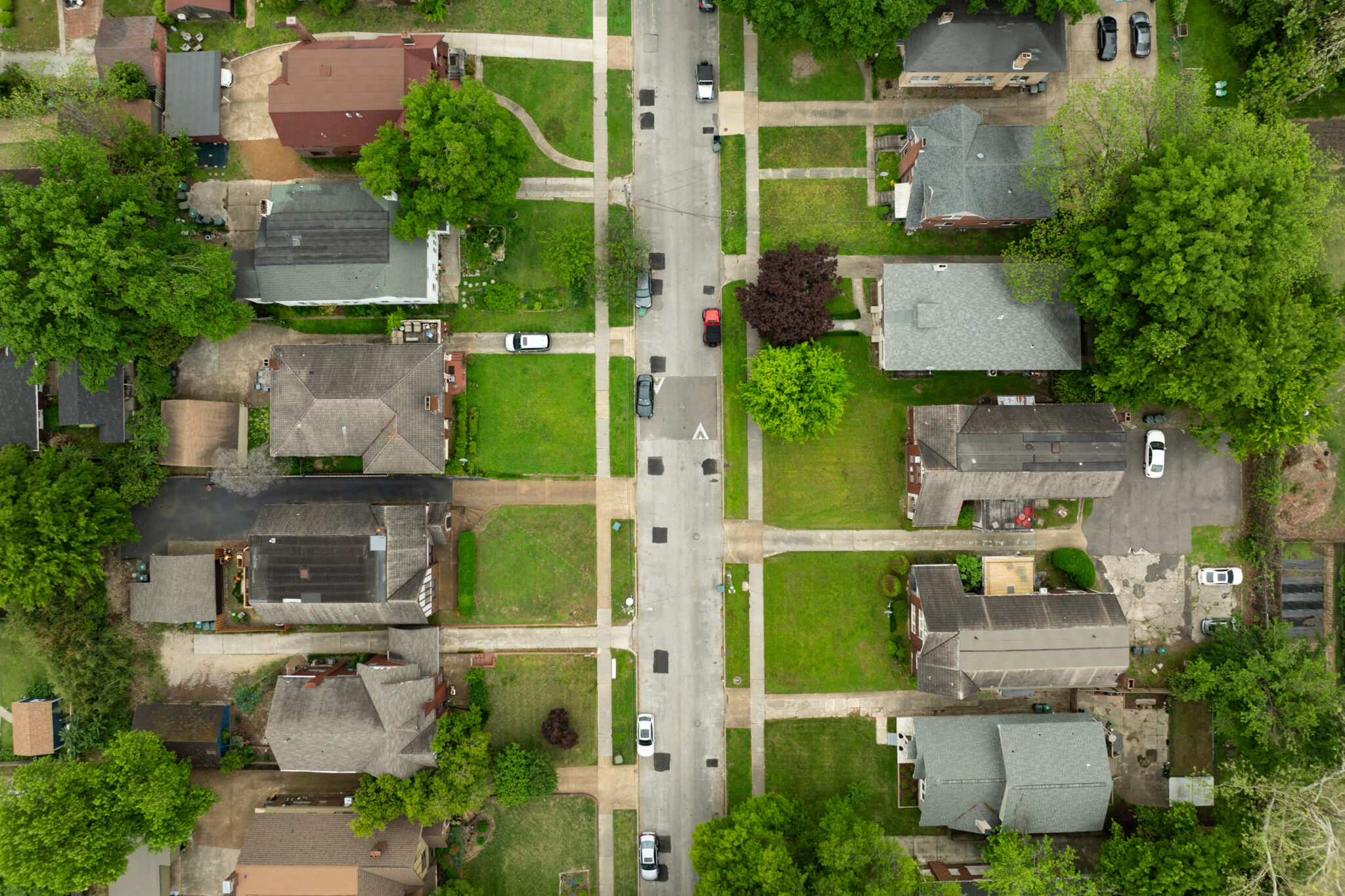Cat Grisanti’s shift at Create A Cig, a vape store in Memphis, was stressful enough even before she received an alert on her phone in March. It said she owed Memphis Light, Gas and Water $800.
The 39-year-old store manager immediately went into the bathroom to scream. She had already used her income tax return to pay a $1,400 utility bill in February and didn’t know how she would now come up with the money to pay March’s bill.
Grisanti said she makes $200 over the limit to qualify for any government assistance, thanks to a bonus she receives whenever she meets a goal at work. One of her employees created a GoFundMe to cover the $800 bill, but the donations weren’t enough. So Grisanti used the money she had set aside to buy groceries to cover the remaining balance and turned to Facebook groups to feed her 11-year-old daughter.
She had depended on family and friends to help pay her utility bills in the past. Once in 2023, her lights would have been cut off for more than three days if it wasn’t for her mother’s support.
“I make more money now than I’ve made in the last 10 years, and I’ve never been more broke in my life,” she said.
...
“In most cases, people who experience disconnections are already suffering or experiencing material hardship. And cutting off their service to essential things like energy and water doesn’t improve the situation—it only makes matters worse,” said David Konisky, co-director of the Energy Justice Lab at Indiana University.
...
Nearly 3.8 million households nationwide are expected to have experienced a utility shut-off by the end of 2024, according to the National Energy Assistance Directors Association, a federal entity that provides grants for utility assistance.
The country is in the “midst of a disconnection crisis,” according to the Energy Justice Lab at Indiana University.
“Paying for energy is not like paying for other basic needs, where you can choose to buy cheaper groceries or cheaper clothing.”
— Mark Wolfe, National Energy Assistance Directors Association
More Americans risk losing utilities for non-payment each year, especially during the summer, and shut-offs occur month after month for low-income residents, Energy Justice Lab researchers wrote.
...


